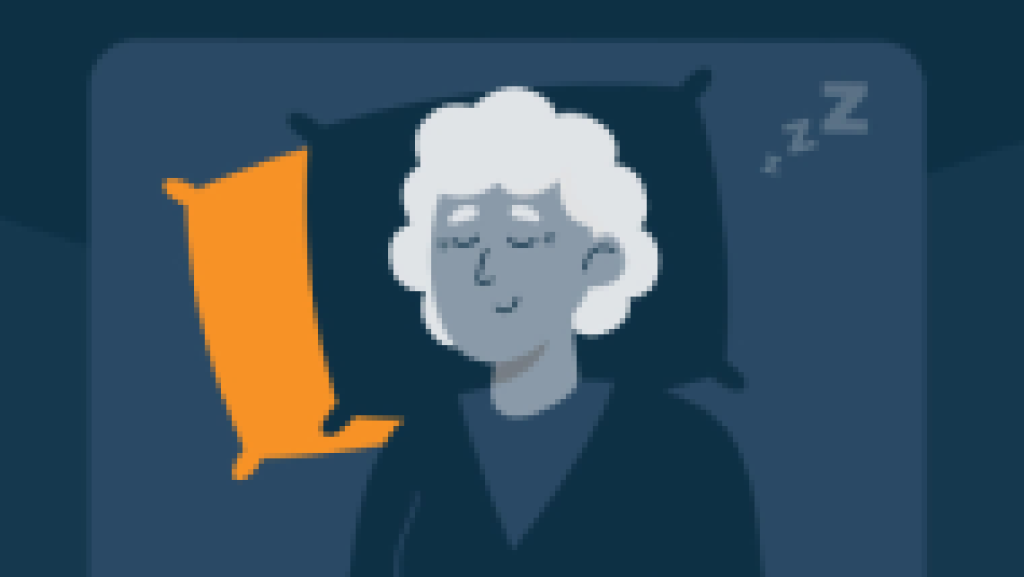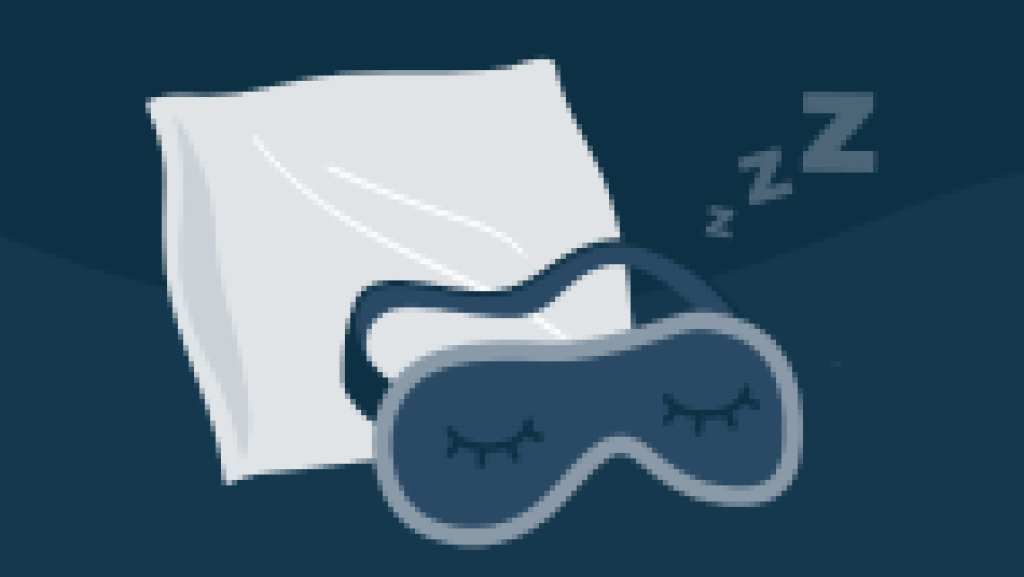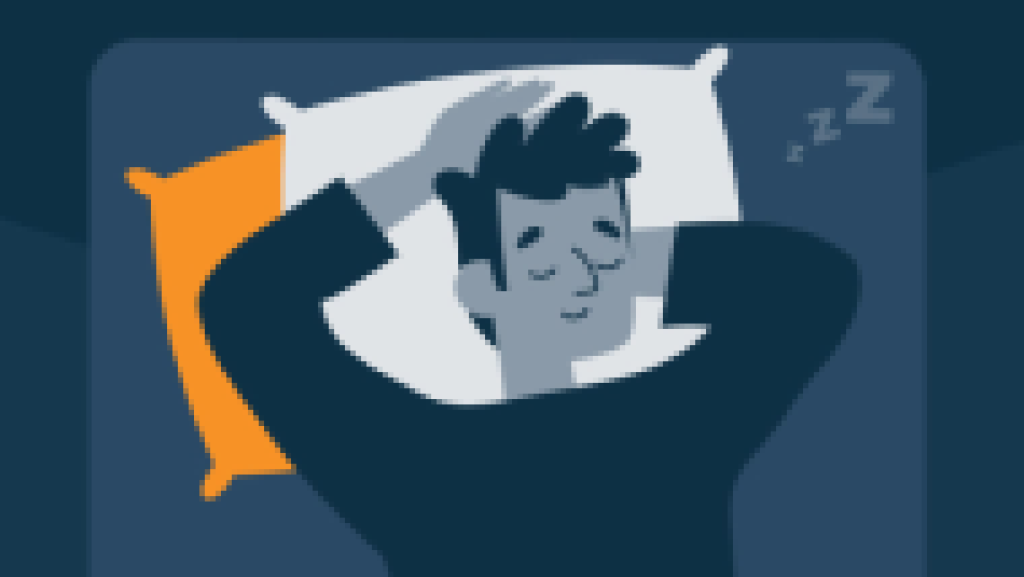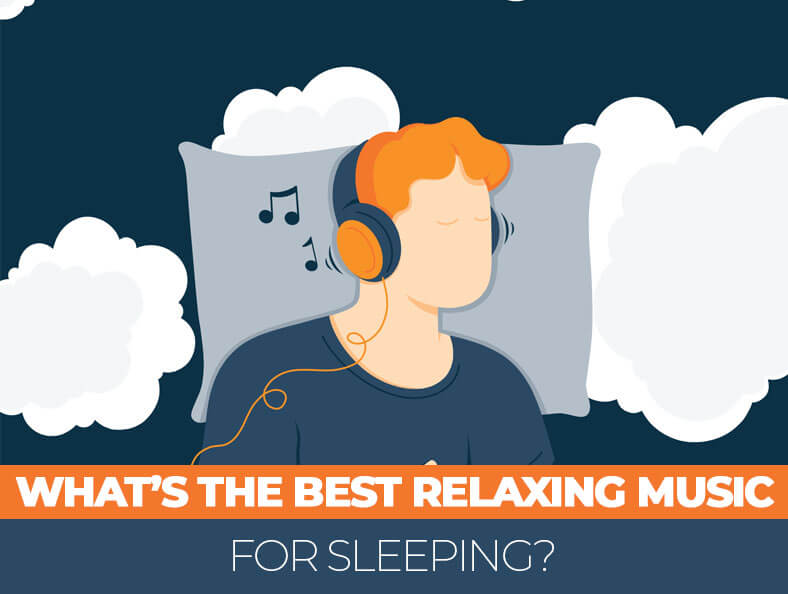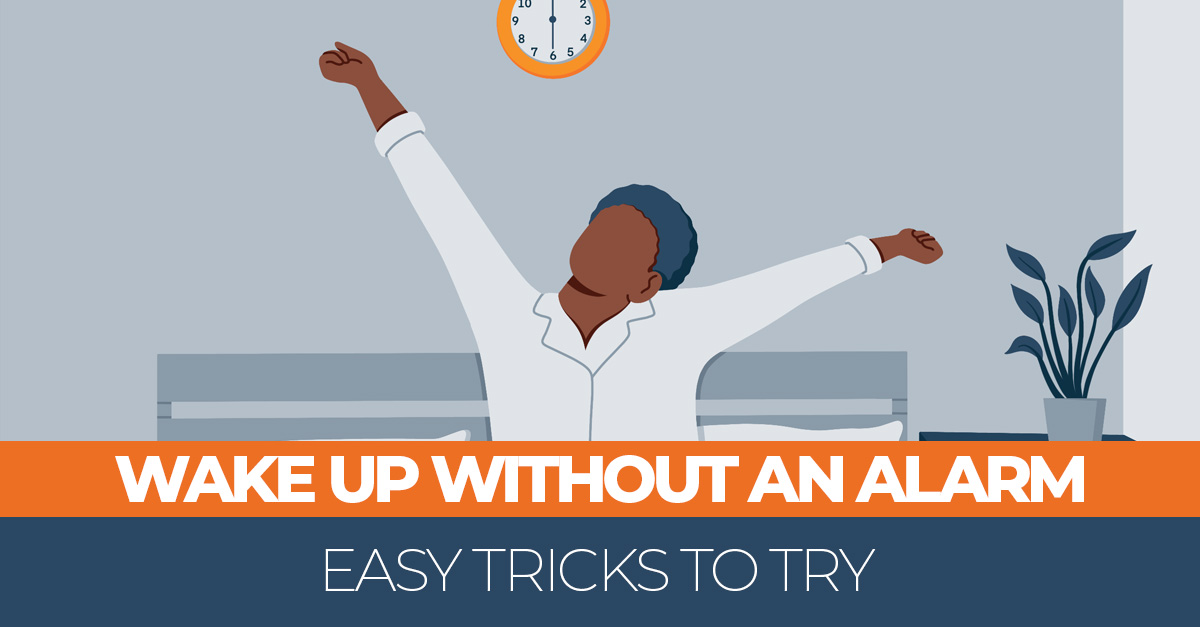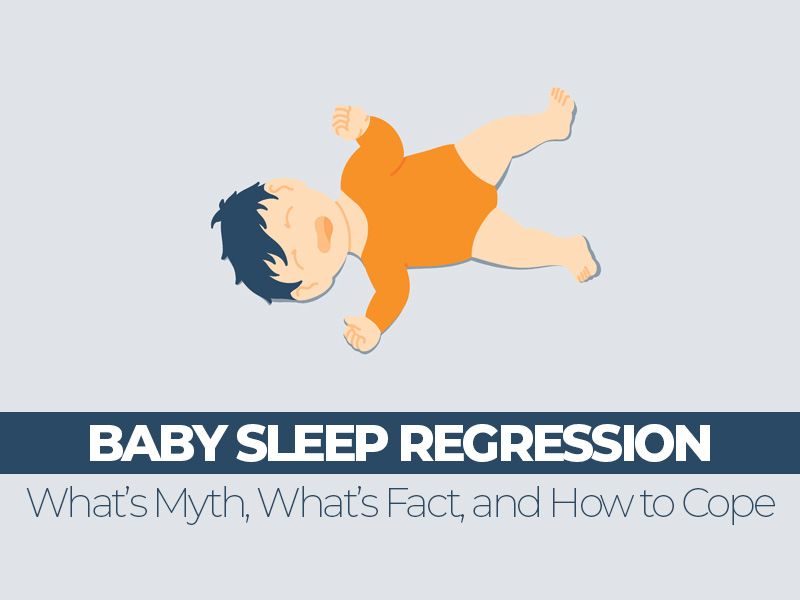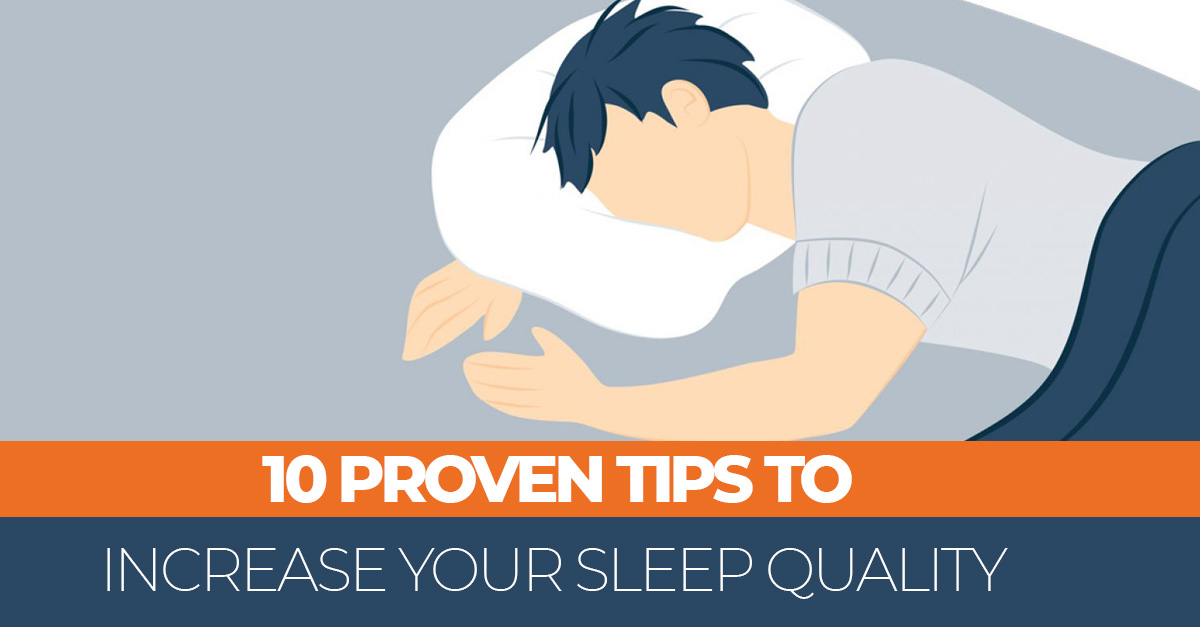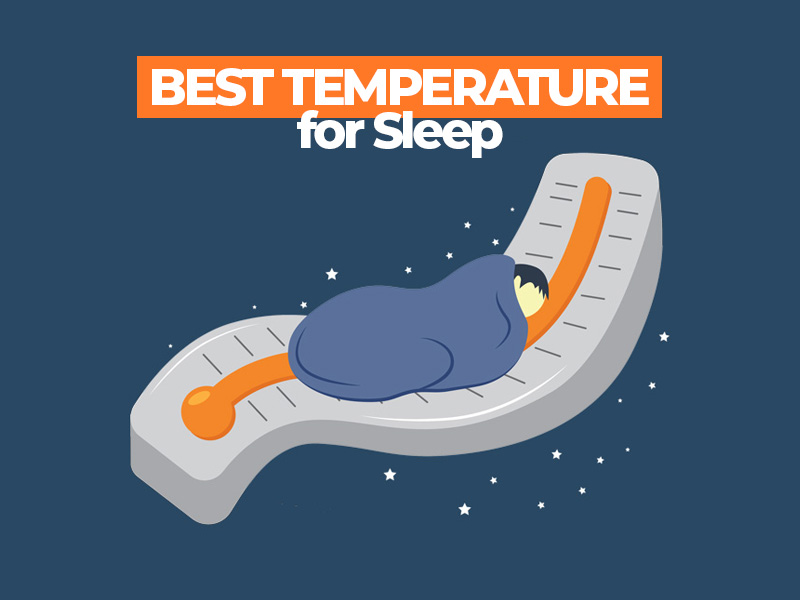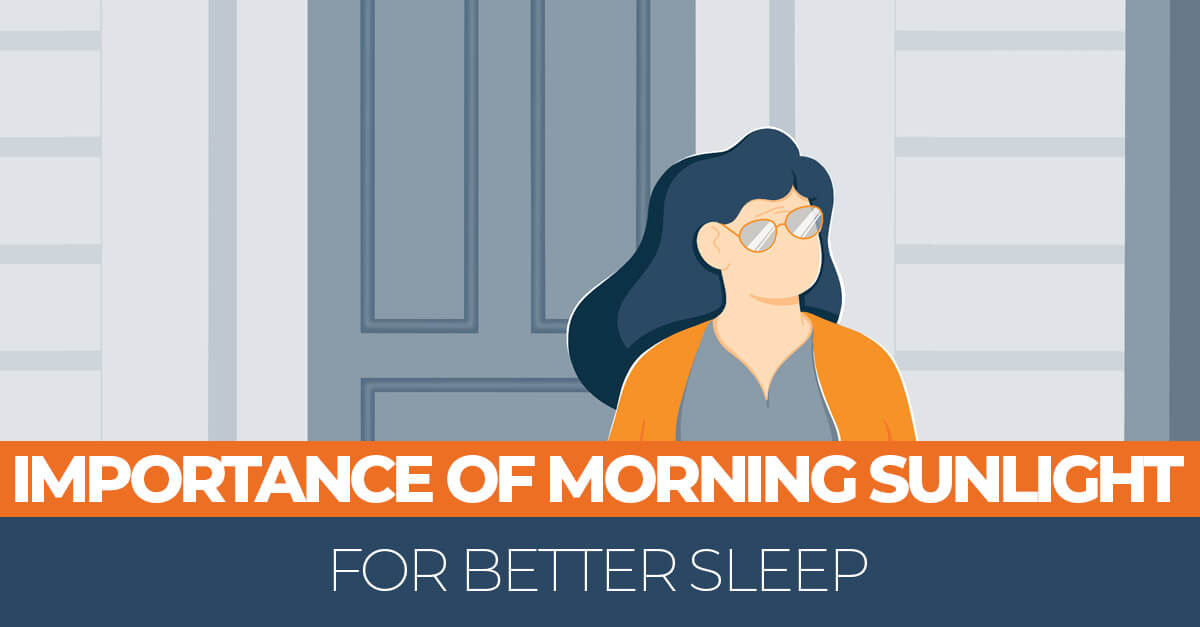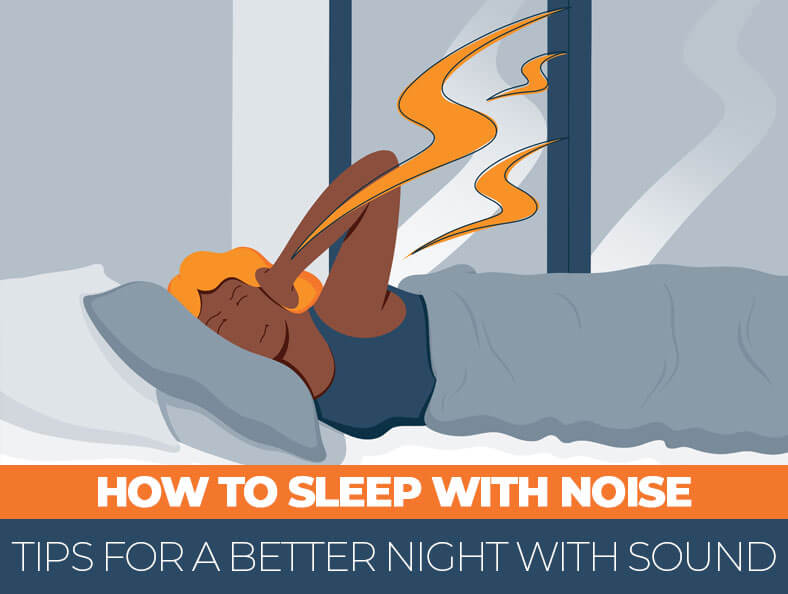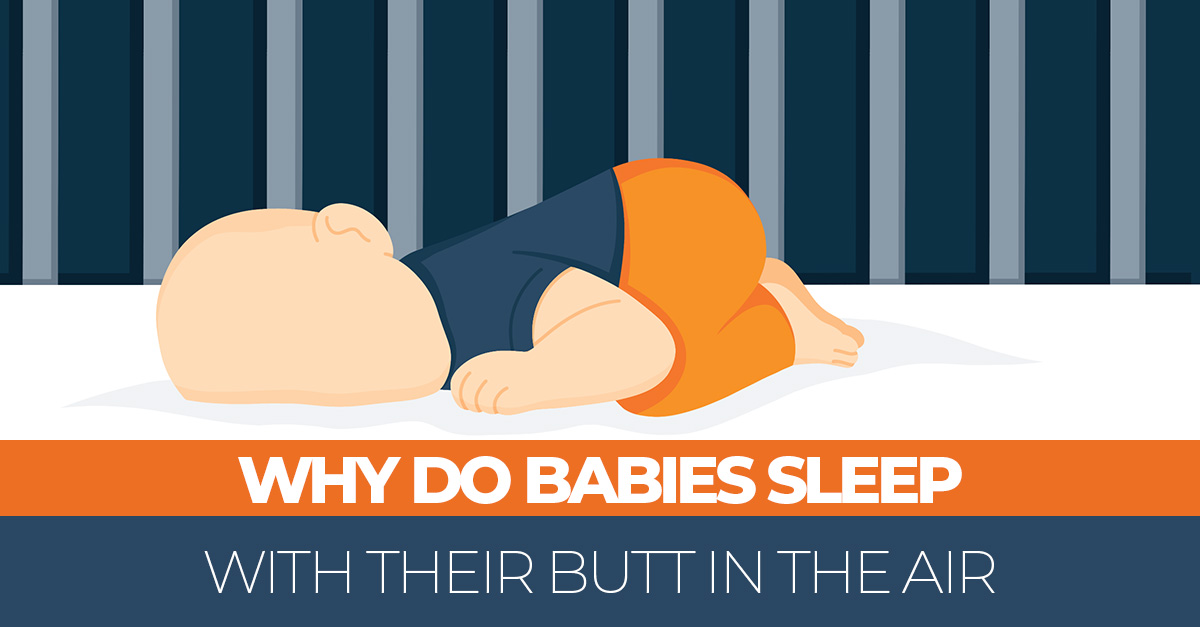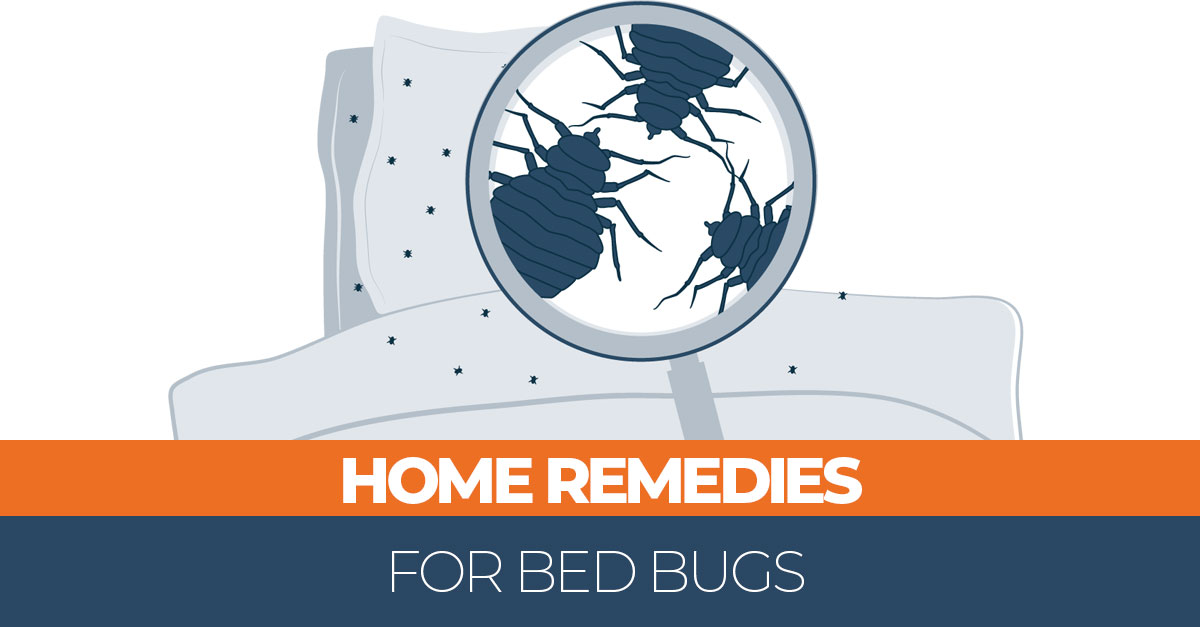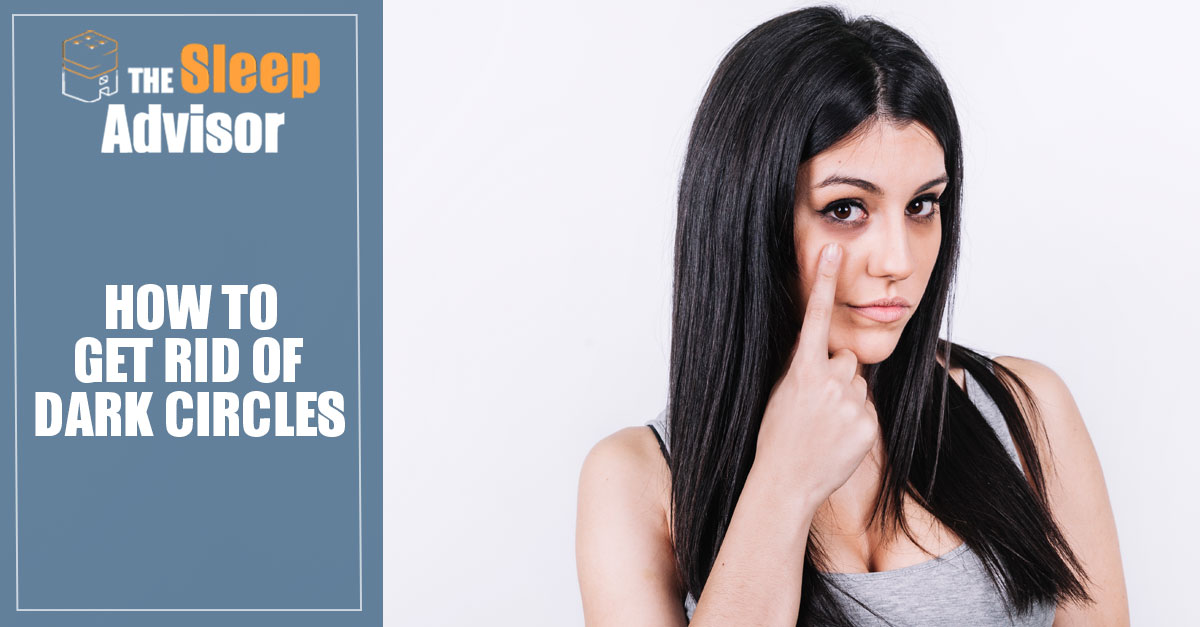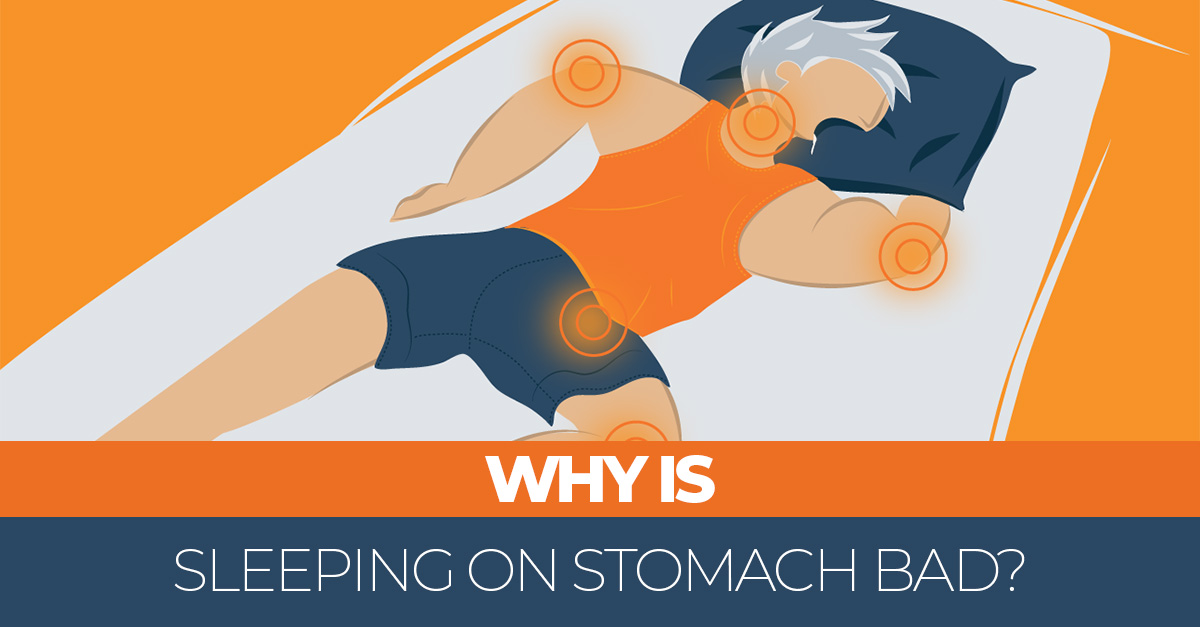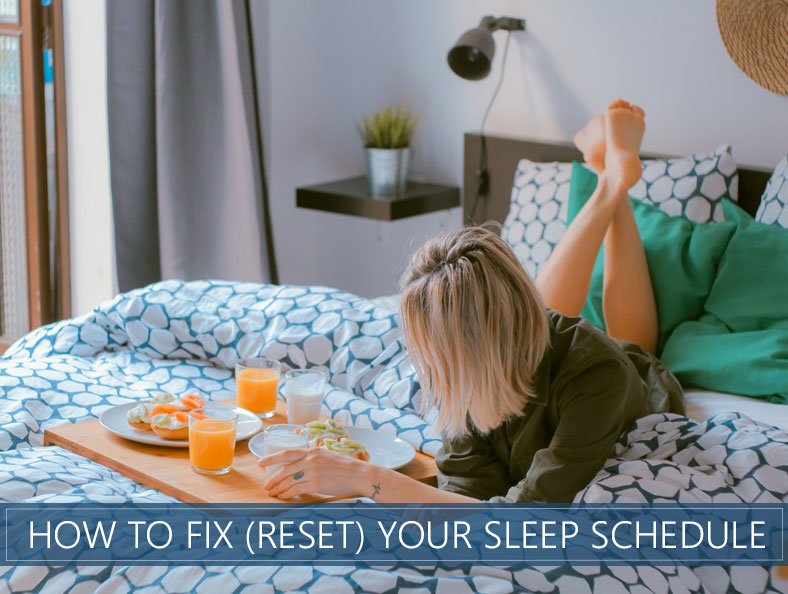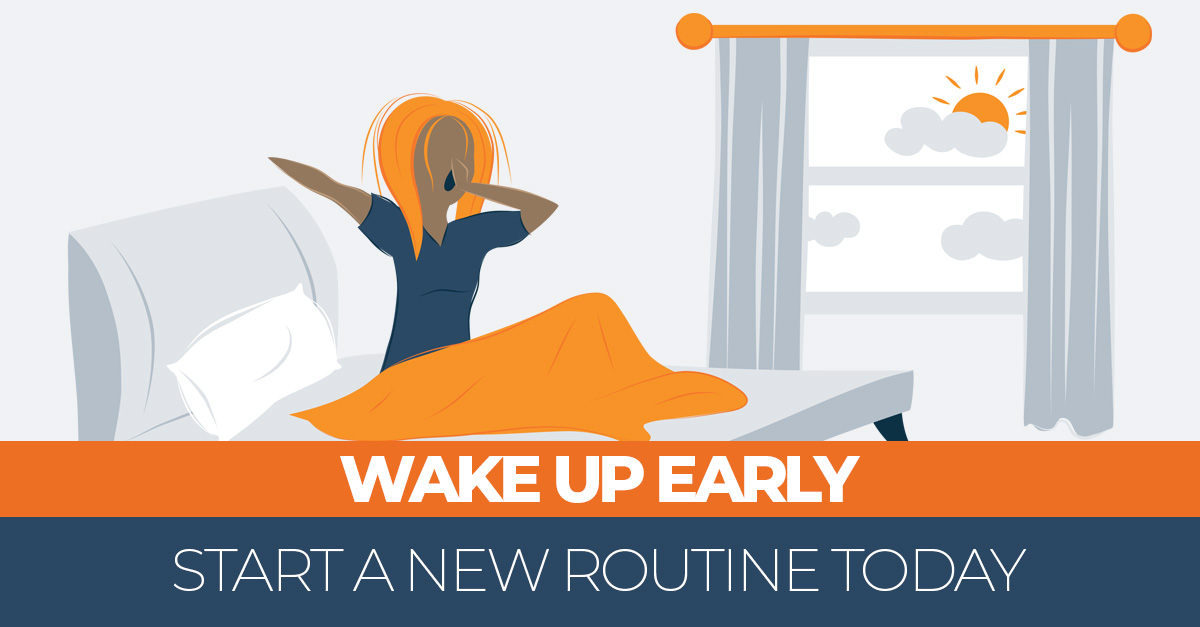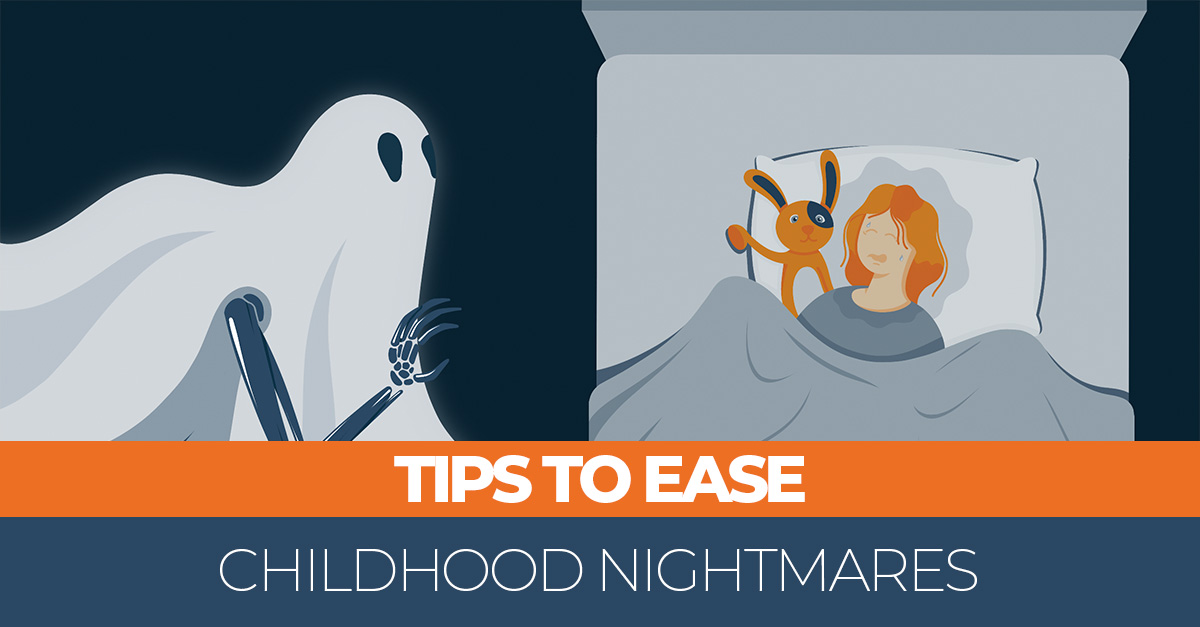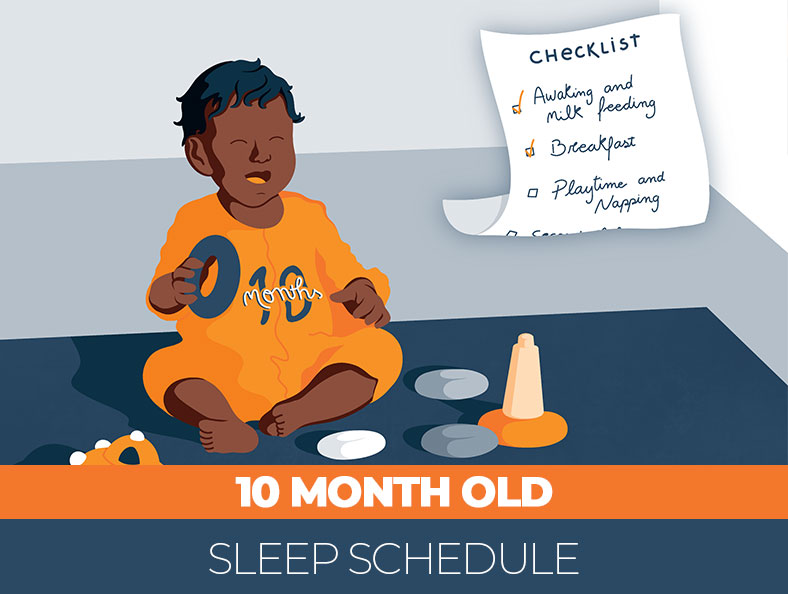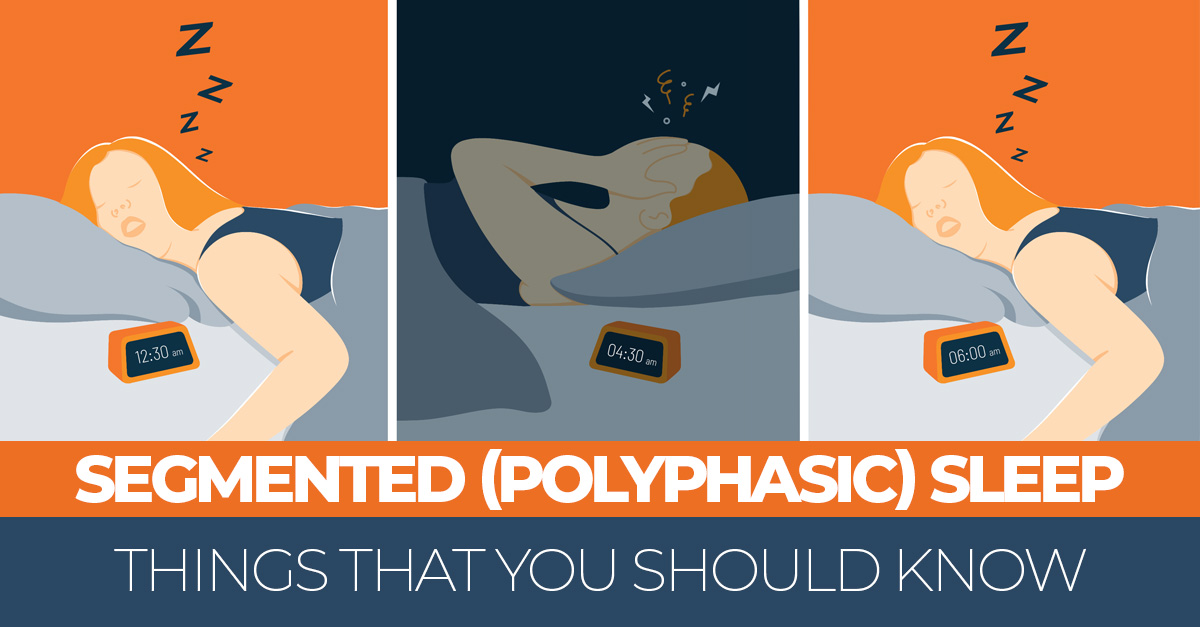

Sleep Hygiene
The daytime and nighttime habits that impact your sleep
Sleep hygiene isn’t about how clean your bedding is. Rather, this term encompasses everything from the time of day you exercise and what you eat before bed to your sleep schedule and more. When you practice good sleep hygiene, you’re participating in habits that lead to longer, more restful sleep, which is why it’s so important. Furthermore, sleeping better means your cognitive, emotional, and physical health can also improve.
You may have only considered how much sleep you are getting, but the quality of sleep is just as critical. This is where sleep hygiene can help. We’ve rounded up the research to help you understand sleep hygiene better, what works and what doesn’t, and how you can implement these habits into your daily routine.
